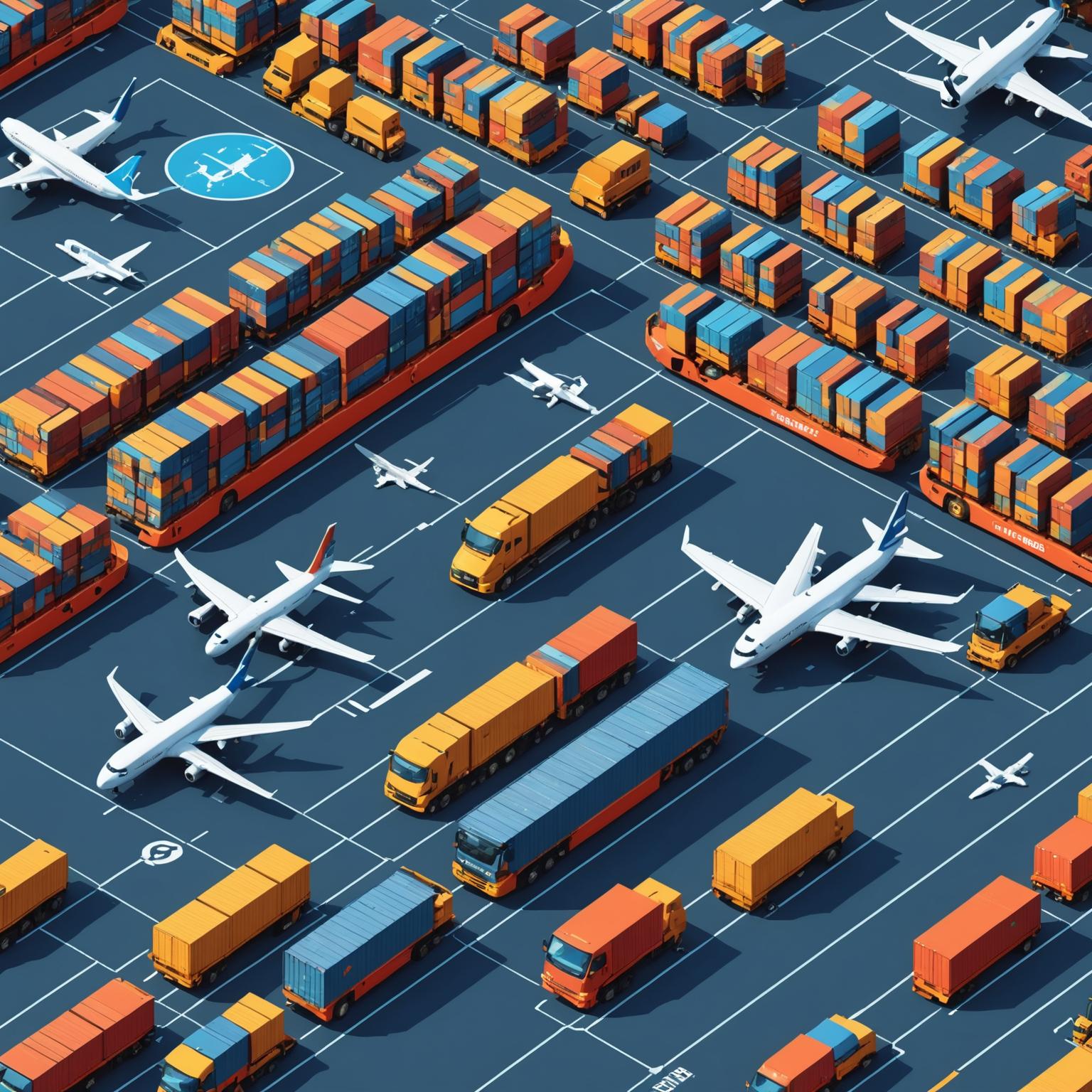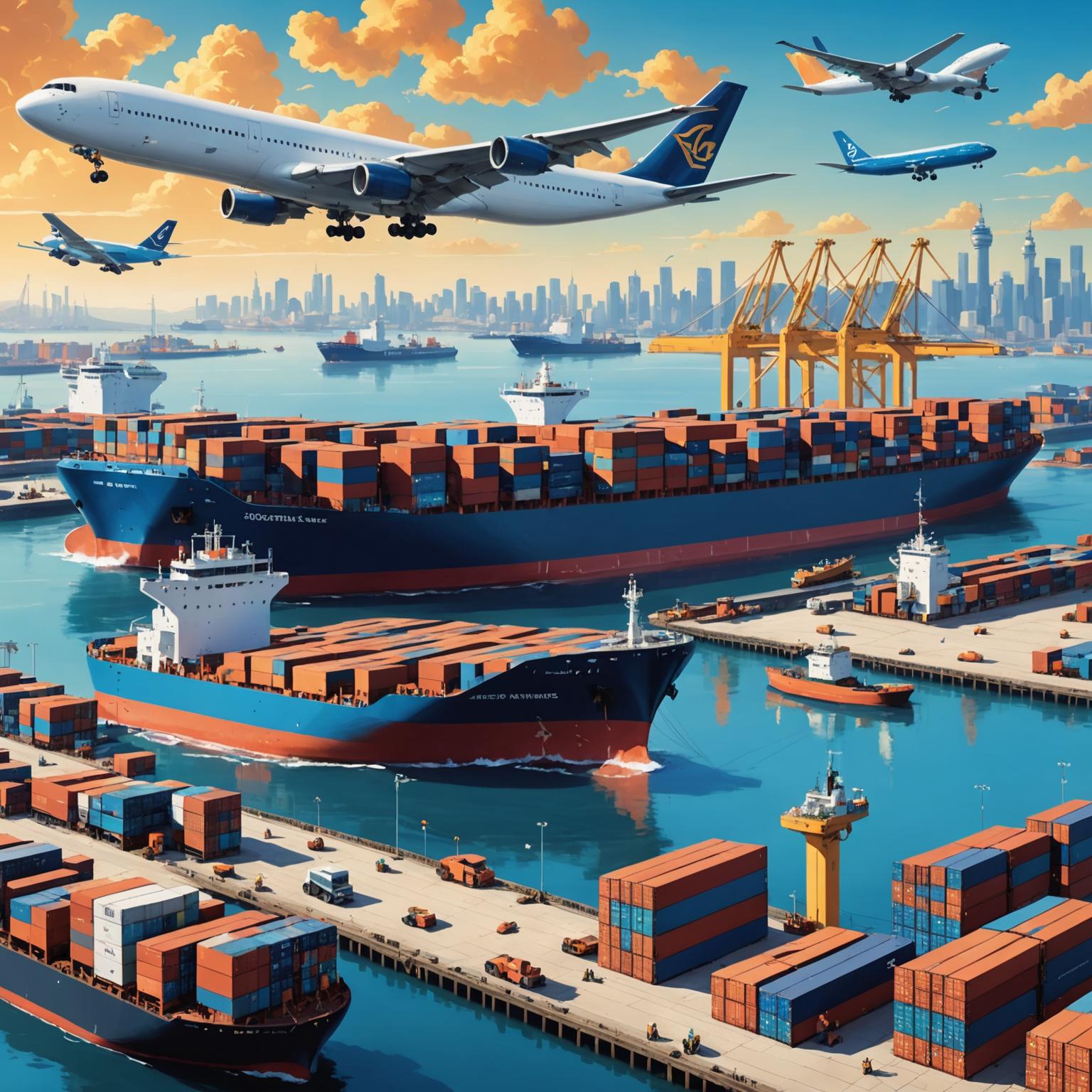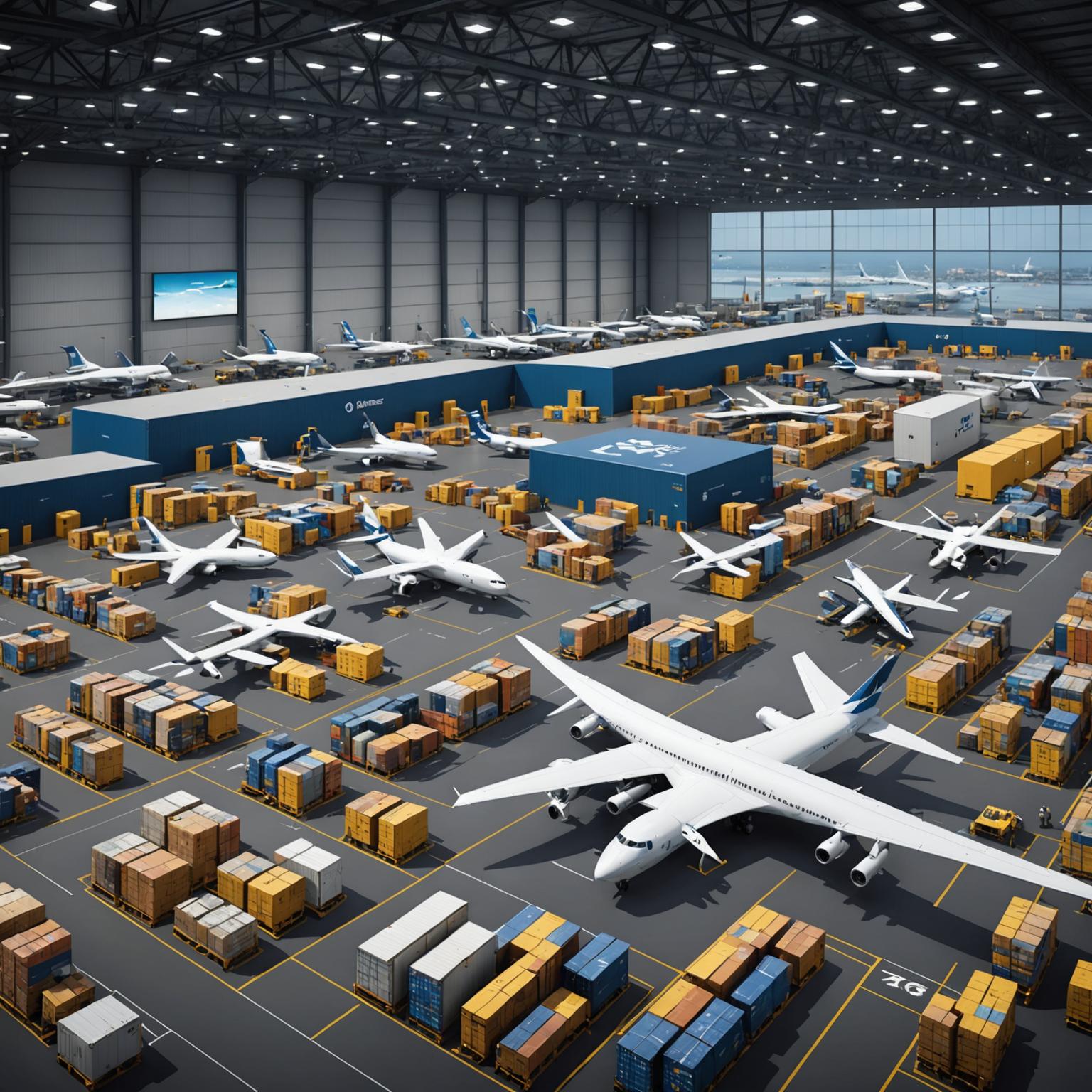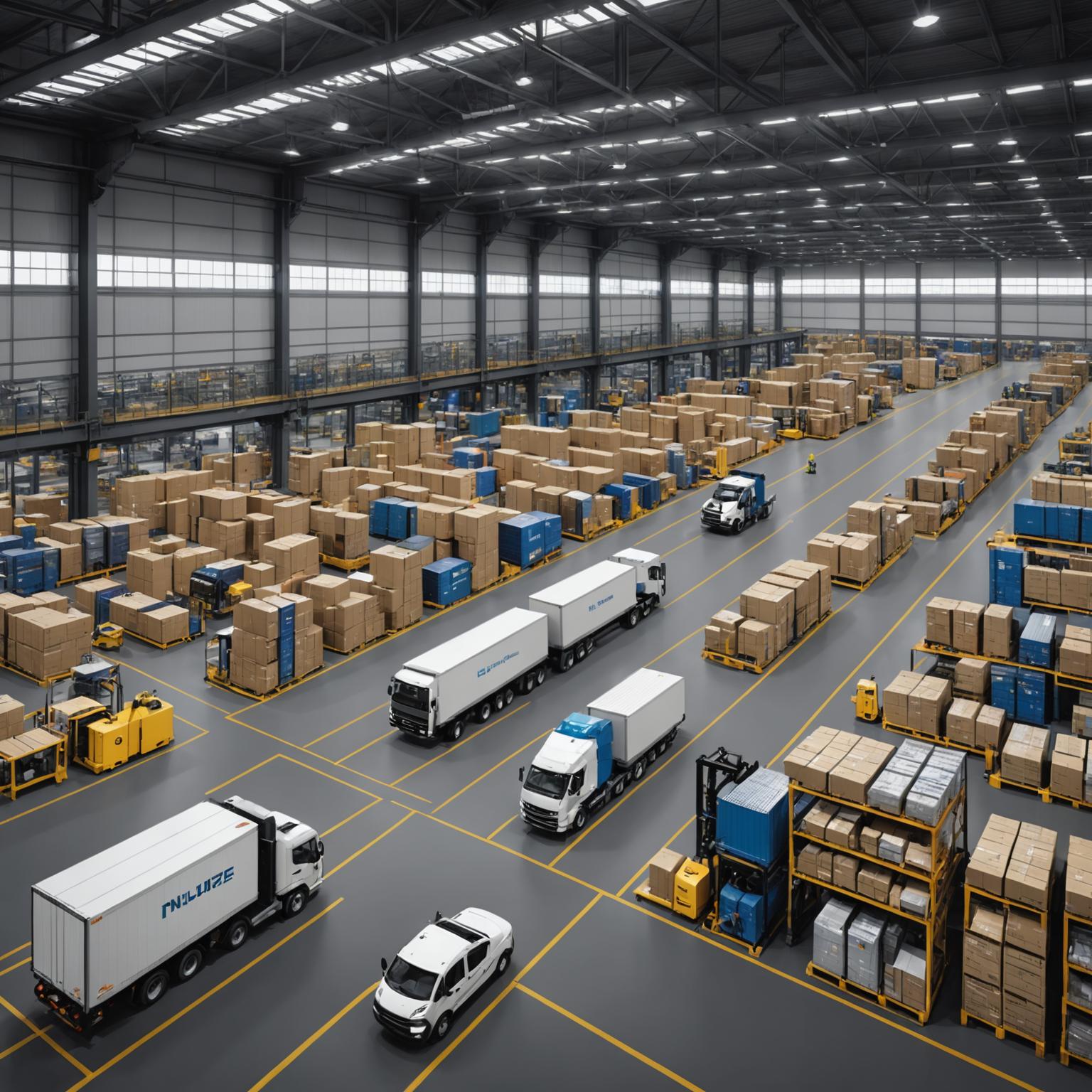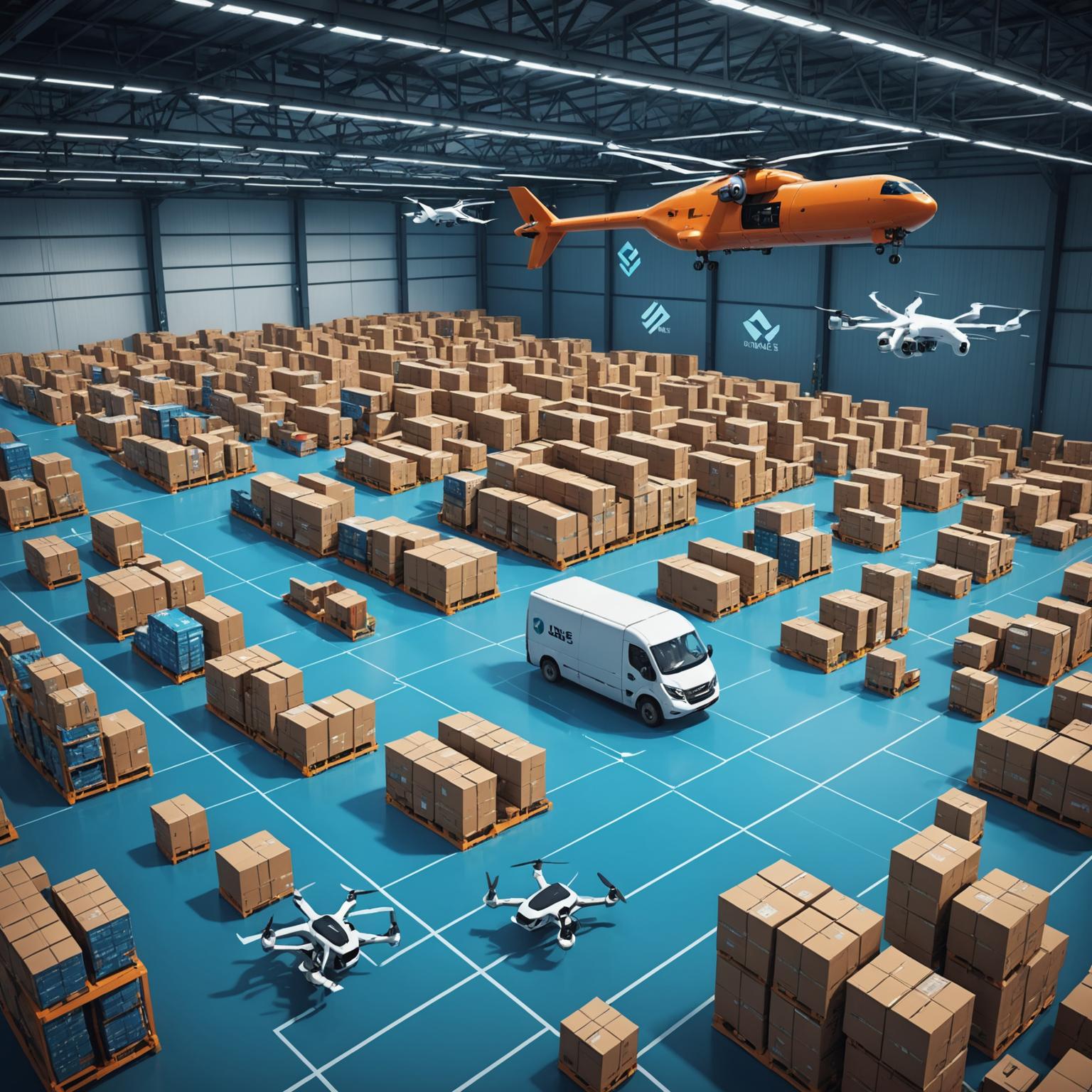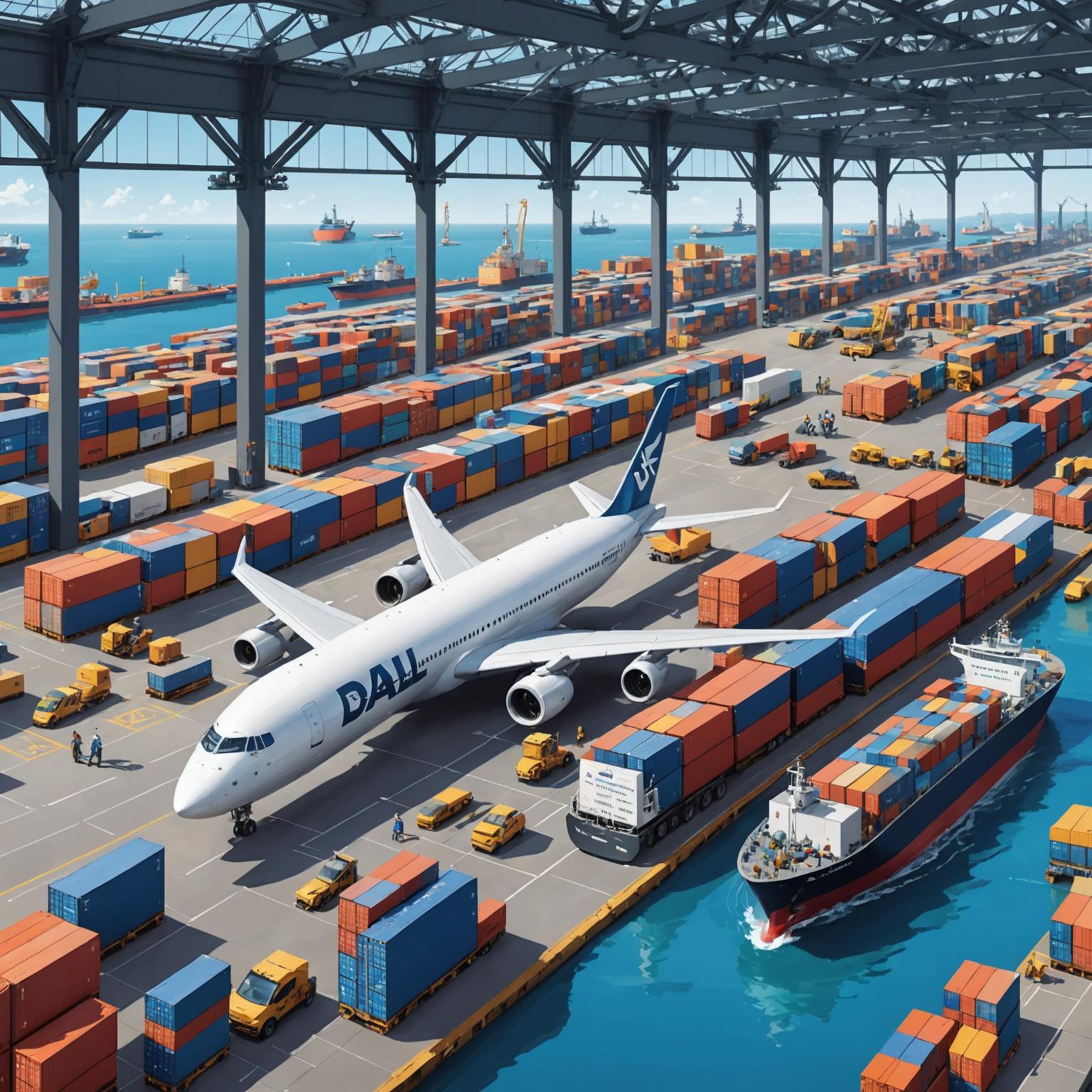In today's interconnected world, the efficiency of international logistics forms the backbone of global commerce. Moving goods seamlessly across borders requires a complex, integrated system where technology, strategy, and infrastructure converge. The evolution from simple shipping to a highly sophisticated network of operations has been remarkable, driven by the demand for faster, more reliable, and sustainable supply chains. This journey begins not at the port or airfield, but within the very heart of the distribution network: the modern, intelligent warehouse.
The Heart of Modern Supply Chains: The Intelligent Warehouse
A robust Global logistics strategy is built upon a foundation of impeccable warehouse management. The warehouses of today are no longer just storage facilities; they are dynamic hubs of activity powered by intelligent solutions. Imagine a large-scale distribution center where every process is optimized through technology. Workers equipped with high-precision connectivity and wearable devices can access real-time inventory data on tablets, coordinating tasks with unparalleled efficiency. Towering racks of goods are managed by AI-driven analytics that optimize storage space, prevent overstocking, and ensure faster pick-and-pack times. This level of automation and data integration not only maximizes workflow but also enhances worker safety and reduces the environmental footprint through lower energy consumption.
Accelerating Global Trade with Advanced Air Transportation
Once goods are expertly processed and ready for dispatch, speed often becomes the priority. This is where advanced Air transportation solutions come into play, offering rapid delivery for time-sensitive and high-value products. Modern cargo aircraft are engineered for more than just speed; they represent a commitment to efficiency and sustainability. With a focus on eco-friendly fuel systems and cutting-edge aerodynamics, these aircraft connect continents in a matter of hours. For industries like e-commerce or pharmaceuticals, where delays are costly, reliable Air transportation ensures products arrive on schedule, supported by precision tracking that provides visibility at every stage of the journey.
Navigating Global Commerce through Efficient Sea Transportation
For bulk transportation and large-scale shipments that define global trade, sea transportation remains the undisputed champion. The sheer scale of modern cargo ships is breathtaking, with immense container capacities that allow businesses to move massive volumes of goods affordably. But capacity is only part of the story. Today's maritime logistics are enhanced with sophisticated tracking technology, giving shippers complete visibility over their cargo's voyage across the oceans. Furthermore, these vessels are designed for greater efficiency, incorporating advanced propulsion technologies to minimize environmental impact. This mode of transport stands as a powerful symbol of global connectivity, making large-scale international logistics possible.
An Integrated Vision for International Logistics
True excellence in international logistics is achieved when these individual components—intelligent warehousing, rapid air freight, and high-capacity sea transportation—are seamlessly integrated. A product's journey may involve a smart warehouse for initial processing, followed by ground transit to a port, a long voyage via sea transportation, and finally, last-mile delivery. This complex dance requires a holistic, technology-driven approach that ensures every handover is smooth and every step is visible. The future of Global logistics is a breathtakingly efficient ecosystem where performance, sustainability, and reliability are woven into every mode of delivery, empowering businesses to thrive in a fast-paced global market.

